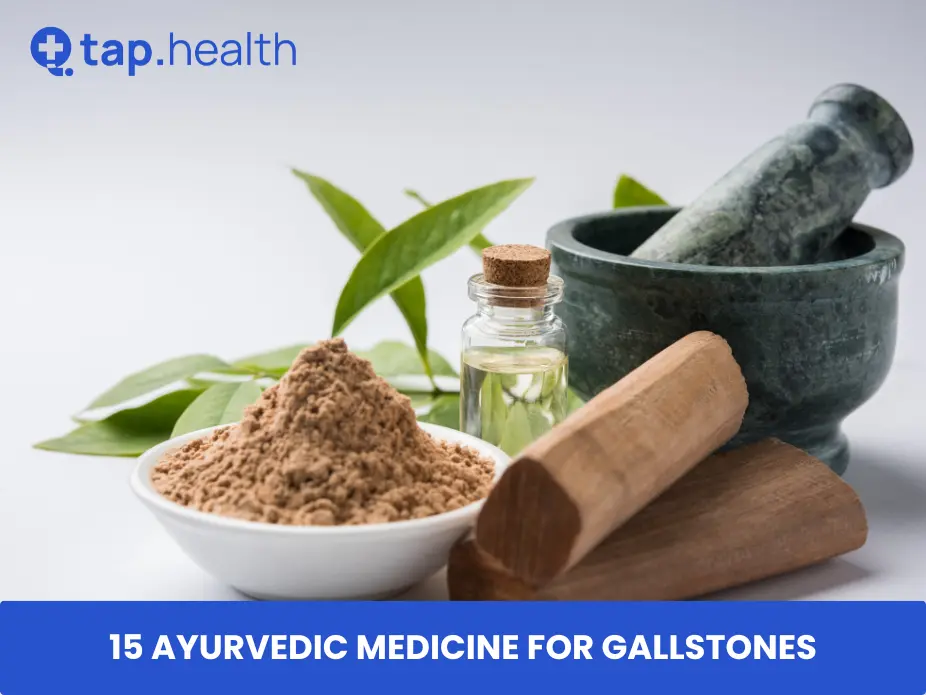Acid reflux might seem like a small problem, but if you ignore it, it can turn into something much bigger and cause serious health issues. It’s really important to know what signs to look out for, why it happens, and how it’s connected to GERD so you can stop problems before they start. Making changes in your daily habits and getting the right treatment can make a big difference in feeling better. By understanding more about acid reflux and its link with GERD, people will see why catching this early and getting medical help is crucial for avoiding long-term damage. Taking action early on by being aware of the risks helps improve life quality for those dealing with these conditions.
Understanding Acid Reflux and Its Impact on Health
When stomach acid makes its way back up into the esophagus, it can cause uncomfortable feelings like heartburn and chest pain. If you don’t deal with it, this issue might get worse, turning into gastroesophageal reflux disease (GERD) or even leading to esophageal cancer. It’s really important to understand how much of an impact acid reflux can have because it affects how well we live our lives. Making some changes in your lifestyle, getting the right medication, and making sure you’re diagnosed correctly are key steps in handling acid reflux properly and keeping away any serious problems that could come up later on.
What Is Acid Reflux?
Acid reflux happens when stomach acid goes the wrong way up into the esophagus, and it feels like a burning sensation. It’s something a lot of people deal with and can really be bothersome or even cause more serious issues if you don’t take care of it. Getting to know why it happens and what signs to look out for is super important if you want to handle it right.
How Common Is Acid Reflux?
Acid reflux is something a lot of people deal with, hitting around 20% of folks out there. It’s this usual stomach issue that might pop up now and then or stick around for a while, causing some real annoyance. By getting how often it happens, we can get better at spotting the signs and dealing with them right.
The Symptoms of Acid Reflux to Watch Out For
If you often find yourself dealing with acid reflux, you might notice things like heartburn, feeling like your food is coming back up, and pain in your chest. When it gets really bad, some people have a hard time swallowing, cough a lot without stopping or feel like their throat is on fire. These signs are telling you to get checked out by a doctor so that bigger problems don’t start happening. Catching these symptoms early can help manage acid reflux better and lower the chance of getting GERD or other big health issues down the line. Don’t just brush off these symptoms; they could be pointing to something wrong in the part of your body where digestion happens.
Common Symptoms in Adults
Acid reflux often shows up in adults, making them feel things like heartburn, throwing up food, chest pain, and trouble swallowing. On top of that, they might deal with a constant cough, sore throat or feel like there’s something stuck in their throat. When these signs keep happening over time; it can really mess with someone’s day-to-day life and how good they feel overall. With acid reflux causing all this trouble; it’s super important to get help from a doctor soon to stop any worse problems from happening and take care of the symptoms properly.
Recognizing Symptoms in Children and Infants
Kids and babies might not tell us in words, but they can get acid reflux just like grown-ups. Keep an eye out for things like throwing up a lot, coughing, wheezing, or not wanting to eat. For tiny ones, you might notice they’re fussy more than usual, have trouble sleeping well or seem colicky. Catching these signs early means we can take better care of them and get the right medical help when needed to keep our little ones feeling good.
Root Causes of Acid Reflux
The main reasons behind acid reflux boil down to the lifestyle and food choices we make. Eating spicy foods, carrying extra weight, and smoking have a way of weakening the lower esophageal sphincter. This makes it easier for stomach acid to sneak back up into the esophagus. Sometimes, our genes or other health issues can play a part in causing acid reflux too. Getting to know these root causes is key in keeping symptoms under control and stopping things from getting worse, like turning into GERD. By figuring out what triggers your acid reflux and dealing with those factors, you can really help improve your quality of life.
Potential Complications of Acid Reflux
Esophagitis
Chronic acid reflux can cause esophagitis, an inflammation of the esophagus. This condition can lead to ulcers, bleeding, and severe discomfort. Untreated esophagitis can also result in scarring and narrowing of the esophagus, making swallowing difficult.
Barrett’s Esophagus
In some individuals, chronic acid reflux can lead to Barrett’s esophagus, a condition where the lining of the esophagus changes to resemble the lining of the intestine. Barrett’s esophagus increases the risk of developing esophageal cancer, a rare but serious condition.
Esophageal Stricture
Repeated exposure to stomach acid can cause the esophagus to narrow, a condition known as esophageal stricture. This narrowing can make swallowing difficult and painful, often requiring medical intervention to stretch or dilate the esophagus.
Respiratory Issues
Acid reflux can lead to respiratory problems if stomach acid enters the lungs. This can cause conditions such as chronic cough, asthma, and even aspiration pneumonia. Nighttime reflux is particularly associated with respiratory issues, as lying down makes it easier for acid to move into the respiratory tract.
Dental Problems
The acid from the stomach can also damage tooth enamel, leading to increased sensitivity, cavities, and other dental issues. Frequent acid reflux can thus negatively impact oral health.
Impact on Quality of Life
Chronic acid reflux can significantly impact quality of life. Persistent heartburn, chest pain, and discomfort can interfere with daily activities, sleep, and overall well-being. Additionally, the need to avoid certain foods and lifestyle changes can be burdensome.
How to Prevent Complications from Acid Reflux
Lifestyle Changes
- Avoid trigger foods such as spicy, fatty, and acidic foods.
- Eat smaller meals and avoid eating close to bedtime.
- Elevate the head of your bed to reduce nighttime reflux.
- Maintain a healthy weight and avoid tight clothing.
Healthy Habits
- Quit smoking, as it can worsen acid reflux.
- Limit alcohol and caffeine intake.
- Manage stress through relaxation techniques like yoga or meditation.
Managing Acid Reflux
Nonprescription Medicines
- Antacids: Provide quick relief by neutralizing stomach acid.
- H-2 Blockers: Reduce acid production and provide longer relief.
- Proton Pump Inhibitors (PPIs): Stronger acid blockers that promote healing of the esophagus.
Prescription Medicines
- Prescription-Strength PPIs: Esomeprazole (Nexium), lansoprazole (Prevacid), omeprazole (Prilosec), and others.
- Prescription-Strength H-2 Blockers: Famotidine and nizatidine.
Surgical Options
In severe cases, surgery may be recommended. Procedures like fundoplication or the implantation of the LINX device can help prevent acid reflux by improving the function of the lower esophageal sphincter.
When to Seek Medical Advice
Consult a healthcare provider if you experience:
- Frequent or severe symptoms of acid reflux
- Difficulty swallowing or persistent chest pain
- Unexplained weight loss or appetite changes
- Symptoms that do not improve with over-the-counter medications
FAQ on “Is Acid Reflux Dangerous?”
- Can Acid Reflux Cause Long-Term Damage?
Yes, chronic acid reflux can lead to serious complications such as esophagitis, Barrett’s esophagus, and esophageal strictures, which can cause long-term damage if untreated.
- Is Barrett’s Esophagus Life-Threatening?
Barrett’s esophagus itself is not life-threatening, but it increases the risk of developing esophageal cancer, which can be a serious condition.
- Can Acid Reflux Affect My Lungs?
Yes, acid reflux can lead to respiratory problems like chronic cough, asthma, and aspiration pneumonia, especially if stomach acid enters the lungs.
- How Can I Prevent Acid Reflux from Getting Worse?
Adopting healthy lifestyle changes, taking medications as prescribed, and avoiding trigger foods can help prevent acid reflux from worsening.
- When Should I See a Doctor for Acid Reflux?
If you experience frequent or severe symptoms, difficulty swallowing, unexplained weight loss, or symptoms that do not improve with over-the-counter medications, you should see a doctor.
Understanding the potential dangers of acid reflux and taking steps to manage and treat it can help prevent complications and improve your quality of life. If you have concerns about acid reflux, consult with a healthcare provider for proper diagnosis and treatment.



